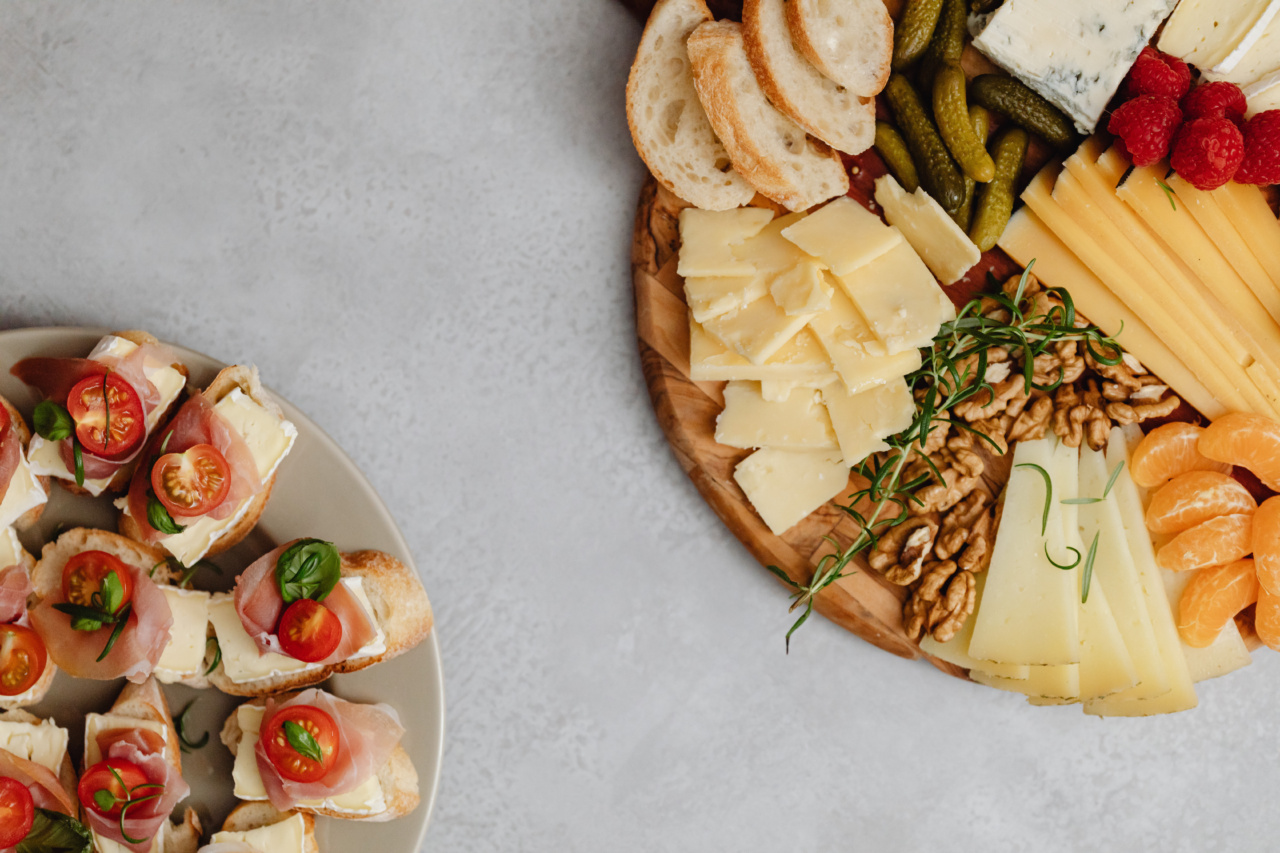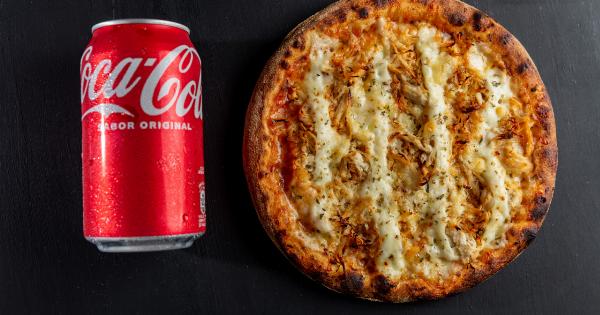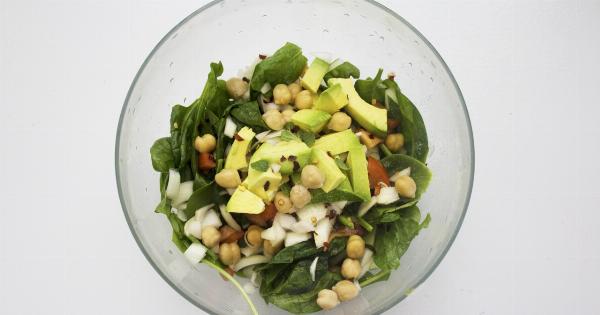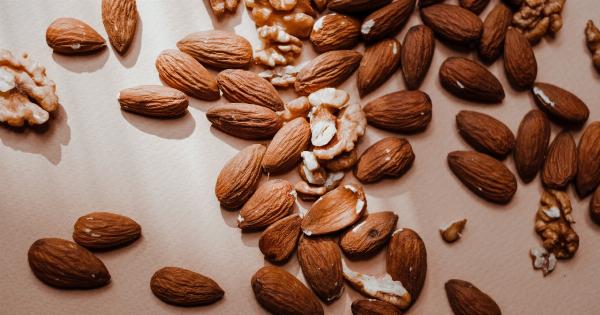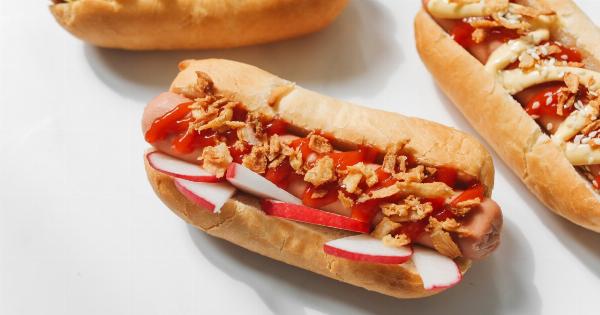Refrigeration is an essential technology that has been used for centuries to preserve and protect foods. Over the years, however, the way we refrigerate our foods has evolved, and with it, the way our foods are altered by cold temperatures.
Effect of Refrigeration on Food
Refrigeration is an effective way to preserve foods by slowing down the process of decay and spoilage. When foods are refrigerated, however, they are also affected by the cold temperatures in several ways.
Some foods are more sensitive to changes in temperature than others. For example, fruits and vegetables can lose their crispness and become wilted, while meats and poultry can lose their moisture and become tougher.
Altered Texture and Appearance
One of the most common ways that refrigeration affects food is through changes in texture and appearance. When fruits and vegetables are exposed to cold temperatures for extended periods, they can become wrinkled, dull, or discolored.
Depending on the type of fruit or vegetable, they may also become rubbery or soft, losing their crispness.
Meat and poultry are also susceptible to changes in texture and appearance when refrigerated. Depending on the temperature and how long the meat has been refrigerated, it can become tough and chewy.
Meat that has been frozen and thawed can also become mushy and lose its texture.
Bacterial Growth
While refrigeration can slow down bacterial growth, it does not completely stop it. The temperature at which food is refrigerated is critical to preventing bacterial growth.
If the temperature in the refrigerator is too high, bacteria can grow quickly, rendering the food unsafe to eat. Additionally, refrigerated foods that are past their expiration date can harbor harmful bacteria, even if the food appears to be okay to eat.
Nutritional Impact
Refrigeration can also impact the nutritional value of food. Some vitamins, specifically vitamin C, break down when exposed to cold temperatures.
This can cause fruits and vegetables to lose some of their nutritional value when refrigerated for extended periods.
The Importance of Proper Storage
It is crucial to store food properly in the refrigerator to prevent spoilage and bacteria growth. Different types of food have different requirements for refrigeration.
For example, fruits and vegetables are typically stored in the crisper drawer, while meats and dairy are stored on the shelves. It is also important to keep an eye on expiration dates and discard any food that has expired.
Alternatives to Refrigeration
While refrigeration is a common way to preserve food, there are other methods that can be used. Canning, drying, and preserving are all ways to extend the shelf life of food without the use of refrigeration.
These methods have been used for centuries and can be an excellent way to store food for long periods.
Another alternative is to use a root cellar. A root cellar is a space dug into the ground that maintains a consistent temperature and humidity level.
This can be an excellent way to store fruits and vegetables for an extended period without refrigeration.
The Bottom Line
Refrigeration has become an essential part of our daily lives, and it has revolutionized the way we store and preserve food.
While there are some drawbacks, such as changes in texture and appearance or loss of nutritional value, the benefits of refrigeration cannot be denied. As long as food is stored properly and within the correct temperature range, refrigeration can be an effective way to extend the shelf life of food and prevent spoilage.
